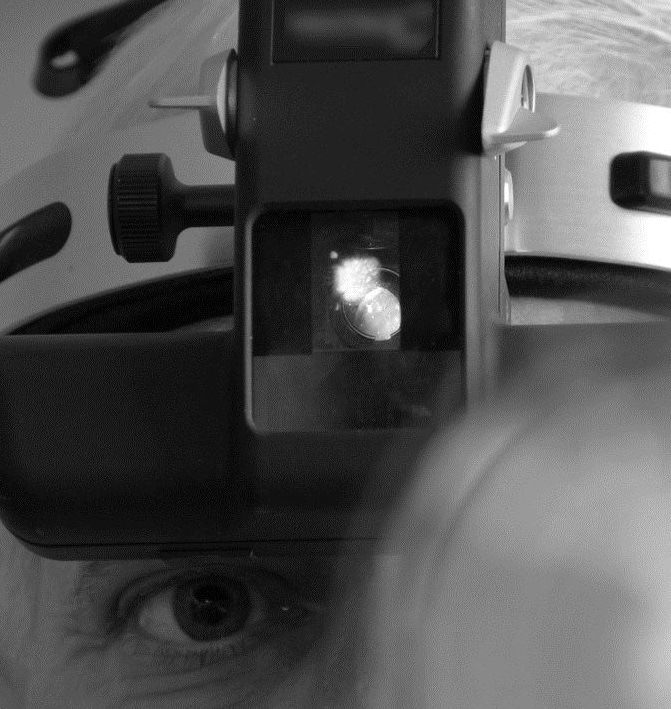The U.S. Food and Drug Administration yesterday (11th of April 2018), released a statement approving the marketing of world’s first artificial intelligence using medical device that can detect diabetic retinopathy among diabetic patients.
Diabetic retinopathy is one of the complications seen in persons who have had high blood sugar or uncontrolled diabetes for a long time. It causes loss of vision in over 30 million Americans who are diabetics.
There is damage to the retina, the light-sensitive layer at the back of the eye that is responsible for transmitting nerve impulses to the visual centres in the brain via the optic nerve.
The damage caused to the retina is due to the damage of the small blood vessels in the retina that provide the highly sensitive layer with oxygen and nutrients. Without treatment, diabetic retinopathy can lead to a complete loss of vision.
In the initial stages of diabetic retinopathy, the blood vessels that supply the retina develop tiny swellings called microaneurysms which are prone to haemorrhage or bleeding. There is formation of new microscopic blood vessels in the retina alongside. Both the microaneurysms and the new blood vessels may rupture causing the leakage of blood into the retina and blurred vision.
In the early stages, there may be no symptoms of diabetic retinopathy and the condition may go undetected. Some of the symptoms of the condition include difficulty in seeing in dim lighting conditions, floaters or shapes in the visual field, blurring of vision and sudden loss of vision.
The blindness that arises out of retinopathy cannot be reversed but can be prevented by tight control of blood sugar and regular screening and early detection. In more advanced cases, laser surgery of the retina may be recommended as treatment.
FDA announcement
Malvina Eydelman, M.D., director of the Division of Ophthalmic, and Ear, Nose and Throat Devices at the FDA's Center for Devices and Radiological Health in her statement said, “Early detection of retinopathy is an important part of managing care for the millions of people with diabetes, yet many patients with diabetes are not adequately screened for diabetic retinopathy since about 50 percent of them do not see their eye doctor on a yearly basis…Today’s decision permits the marketing of a novel artificial intelligence technology that can be used in a primary care doctor’s office.

The FDA will continue to facilitate the availability of safe and effective digital health devices that may improve patient access to needed health care.”
The new device is called IDx-DR and it uses an artificial intelligence algorithm to look at the images of the retina taken by a camera called the Topcon NW400. The software then analyses the images that are uploaded and provides one of the two responses – more than mild diabetic retinopathy or less than mild retinopathy. If the damage is more than mild, the software advises referral to an eye health professional and if the damage is less than mild, it calls for a rescreening after 12 months. Treatment is to begin as soon as more than mild retinopathy is detected reads the FDA statement.
IDx-DR is unique in its novelty of being the first AI device that does not need an expert eye care professional to detect retinopathy early and can be used by non-specialists as well. The approval comes after an evaluation in 900 patients who visited 10 primary care sites for diabetes. The software successfully detected more than mild diabetic retinopathy in 87.4 percent cases and detected mild or less than mild diabetic retinopathy 89.5 percent of cases. This proved the efficiency of this software as a diagnostic tool in diabetic retinopathy.
IDx-DR is not to be used for screening in patients who have blurring or loss of vision, who see floaters, those who have had eye surgery, laser therapy or eye injections, radiation induced retinopathy, retinal vein occlusion, macular edema etc. Pregnant women with diabetic retinopathy are also not to be screened using this device. The makers add that the device is to be used only for screening and not to monitor progress of retinopathy. Routine eye check ups should be continued as before the FDA statement says.
This new device is granted the Breakthrough Device designation and the marketing is permitted to IDx LLC.